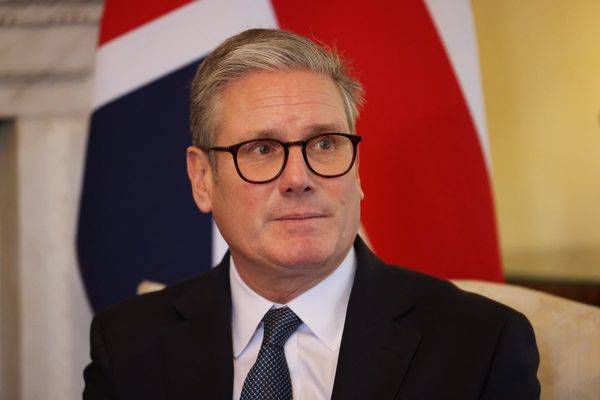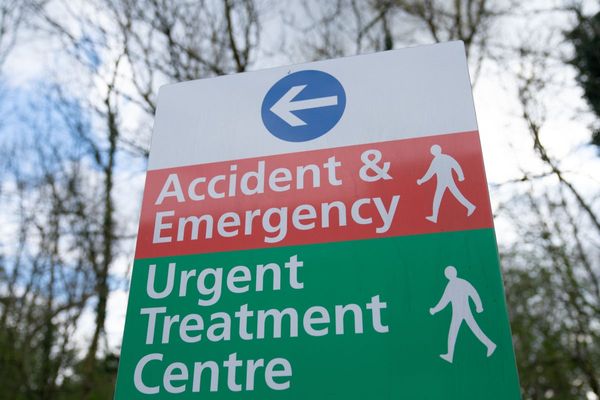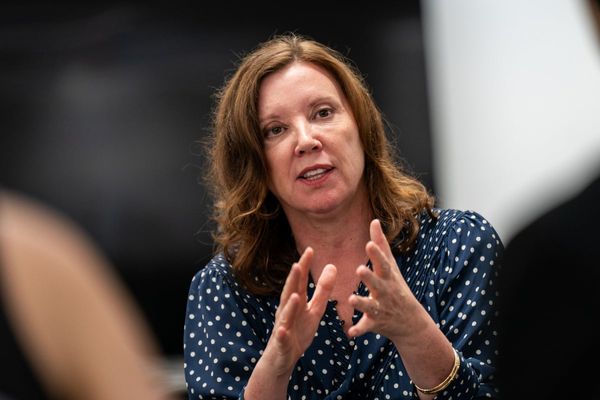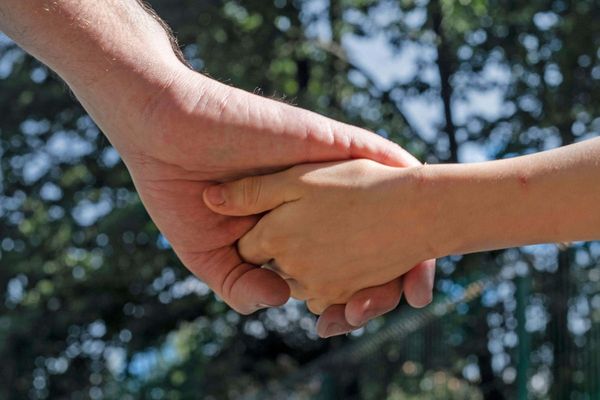The last time I saw my family was on the day of the fall of Kabul — August 15, 2021.
That was the day I left home on a quest to find a haven for us.
As an experienced journalist, my then-employer had charted an emergency flight out of the capital, but the Taliban and desperate crowds circled the airport.
After three failed attempts to get inside the gates, my bruised and battered colleagues and I were eventually escorted onto the plane by an intermediary security group.
The flight took us to Islamabad, Pakistan, where I waited for three months for the offer of a new home, which I thought would be somewhere in Europe, where I have relatives and friends.
Instead — as my hopes for a new start were dying — I received an offer from Australia, thanks to help from comrades in the media industry.
I arrived in Australia in November, 2021, on a plane full of refugees fleeing the horrors of state collapse in Afghanistan.
Days later, I met a few blokes in the temporary residential facility in Carlton who, when I told them I hadn't seen the city's iconic spots, took me to picturesque cricket grounds in Melbourne.
And, within weeks of my arrival here, I was bowling, batting and fielding gracefully, playing in club cricket matches.
Then I had an unforgettable experience watching Afghanistan play at the majestic MCG during the T20 cricket World Cup.
It was so much more than just a cricket match.
I am gradually feeling a sense of belonging in Melbourne and have enjoyed the warm embrace of my new Aussie friends, colleagues and the amusingly dubious weather.
However, at the same time, the inability to secure Australian visas for my family makes me terribly sad.
It overshadows all the beauty life offers to me here in this alluring country.
Every morning I desperately rush to my inbox expecting an update on my family members' visa applications. Every morning there is no news.
I then take a selfie of me waving to my wife and kids to give them hope and energy for a reunion "soon" as the journey of life continues.
They recently fled Afghanistan, fearing persecution, and are now living as refugees in Pakistan while desperately waiting for Australian visas.
Their life is at a standstill as they can't go to school nor out of home without fear.
The Home Affairs Department received my application last year and acknowledged it was valid in October, but there's been no further clarification or update from them.
Repeated emails and other inquiries seem to have fallen on deaf ears.
When I had just arrived in Melbourne, my fellow refugees and I thought our families who were left behind — for lack of passports or because of security threats — would soon join us so we could begin a proper life together.
We would talk about this idea on nice, easy walks through Carlton, Fitzroy and Southbank — now we anxiously wait for news of their visas.
I love walking and travelling with other people.
I got my Victorian driver's licence after a long wait for a test, but never felt the need to buy a car. I will once my family arrives.
Only recently, I explored the gorgeous Melbourne arcades and laneways and had an afternoon tea. Perhaps I was too busy with cricket and work to enjoy these sights until now.
The local journalist fraternity has been a shoulder for me to lean on and help rebuild my career from scratch: Friends at The Guardian and the ABC have been amazingly supportive and friendly.
Alone, I followed other Afghan refugees who are here with their families and settled in Melbourne's south-eastern suburbs, to be close to mosques and the community.
Some of my colleagues say moving away from the city was not the right decision for me as I must commute a lot to get to work back in the city.
However, I hardly notice it since the time on the trains is well spent on calls back home, studying or just catching up with everything else.
Melbourne's outer south-eastern areas of Dandenong and Casey have a flair of their own.
They are rich in diversity.
As I head into my second Melbourne winter, I feel better acquainted with this place and the people, which is why I feel things will get better with time.
It does get depressing when I am home alone, but I remain hopeful my family will one day join me in this haven.
A Home Affairs Department spokesperson said it does not comment on individual applications, which are processed as quickly as possible, "according to their date of receipt". The spokesperson said more than 6,100 places for settlement in Australia are allocated to Afghan nationals for 2022-23.







